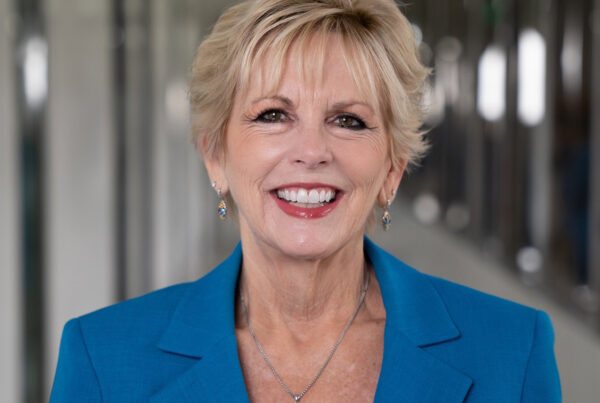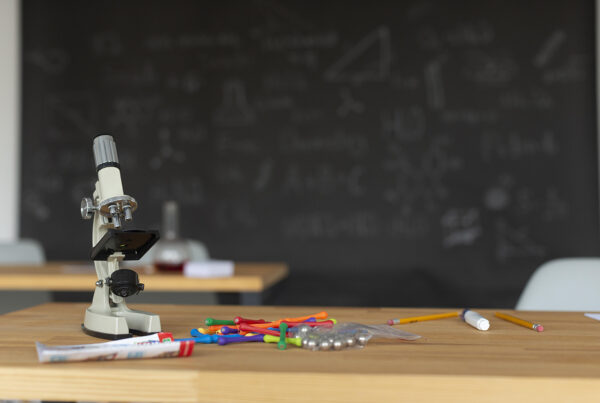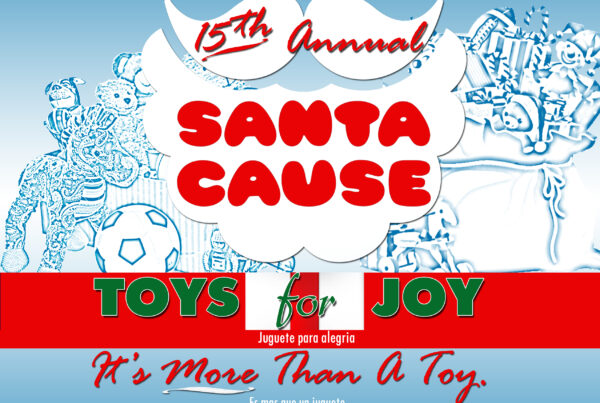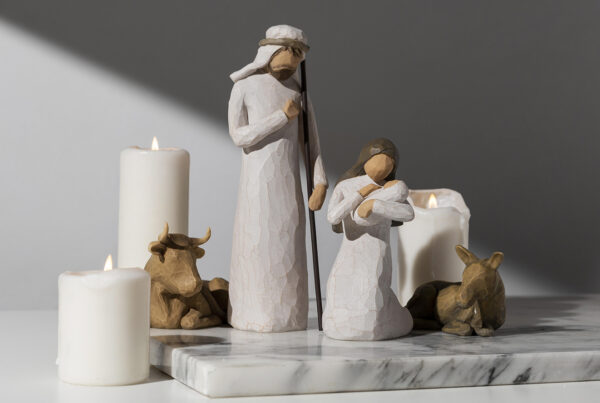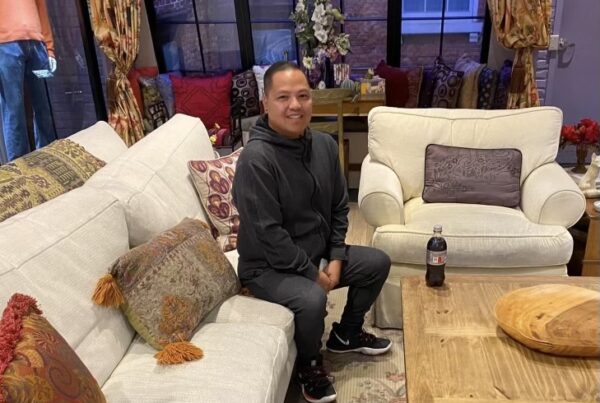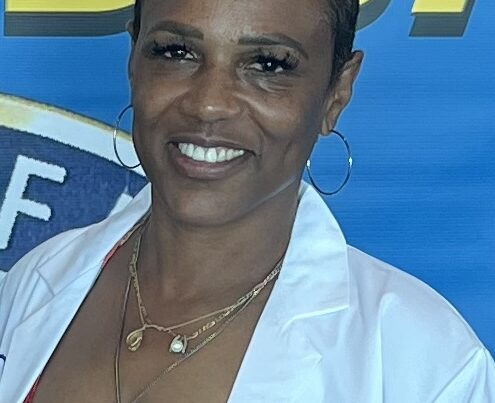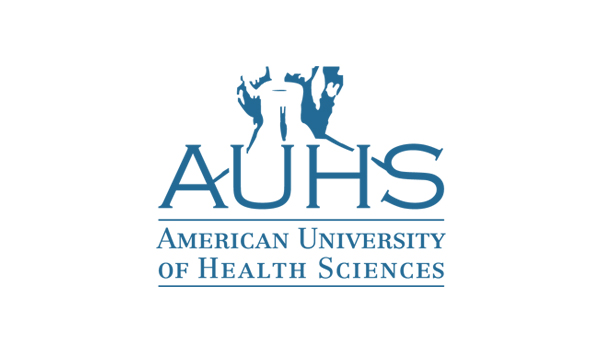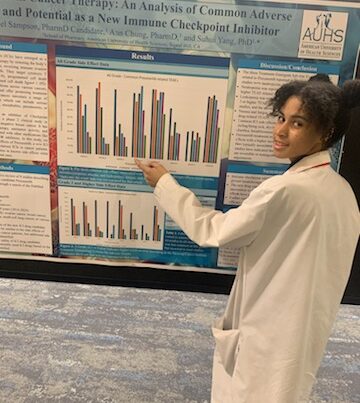My GPS in My Early Professional Life
By Transon Nguyen, PharmD
We are all so proud of our inaugural class at the AUHS School of Pharmacy. I’m fortunate to be able to share my GPS concept on navigating early professional life with many of our students. GPS is the Global Positioning System that most of us use to navigate our journeys. When coaching students on how to navigate their early professional lives, I tell them to use their GPS: G is for God, P is for Profession, S is for Service. In my journey, whenever I made a wrong turn, my GPS would gently ‘recalculate’ and guide me back on to the appropriate path.
“What do you use as your GPS?” I ask my students. “What do you use as your moral compass on your journeys?” Taking it a step further, I challenge my students to substitute the word “moral” for any of the following terms: professional, ethical, spiritual, (and others). I want my moral compass to sync with my professional, ethical, and spiritual compasses; I want this superimposed GPS to guide my journeys and personal and professional life decisions.
I cannot change past mistakes from when I took wrong turns; I cannot change how anyone perceives or thinks of me. However, I have complete control over my actions in the present moment, and my actions will affect how my future unfolds. Life, or the universe, will unfold as it should. I do not have complete control over anything or anyone―except what I do right now. Early in my life, my decisions were primarily based on emotions, often my reactions to life. Anger, sadness, joy, fear, and all human emotions are normal and sometimes essential; they are parts of our lives. The key is to experience them, regulate them, and then let them go. When I face difficulties, I simply ask myself, “where is God in this?” and the answer would eventually reveal itself.
Professionally, I try not to react, no matter how any event unfolds, whether it is an accident, a misfortune, or any other unfavorable incident. I can respond (if needed) as a professional, but I do not react. When I didn’t know what to do, I would ‘pause’ and then reach out to my mentors and colleagues for proper advice; choosing not to respond is, in itself, a response. When I am lost, it is ok to ask for directions, and it is ok to stay put until I figure out what to do. It is also important to realize that sometimes I can only “just do the next right thing.”
I ask my students not to be afraid of failure, to embrace vulnerability, and to trust their inner GPS. Most healthcare professions have their own various codes of ethics and professional oaths that can be used as foundations. A main part of AUHS’s mission is service. As a healthcare provider, I aim to serve others and from service arises humility, empathy, gratitude, and compassion.
HOW to navigate professional challenges? Honesty, Open-mindedness, and Willingness to change and be better. When I’m lost or don’t know where to turn, I remember to use my GPS and make sure I have my spiritual and professional compass for guidance.


